Logical Thinking worksheets activities for Ages 4-9
113 filtered results
-
From - To
Unlock your child's potential with our engaging Logical Thinking worksheets for ages 4-9! Designed to enhance critical thinking skills, these activities incorporate puzzles, patterns, and problem-solving challenges that captivate young minds. Each worksheet is crafted to stimulate creativity and logical reasoning, encouraging children to think outside the box. Our thoughtfully designed resources are tailored for various learning styles, ensuring every child can thrive. With colorful illustrations and fun themes, these worksheets make learning enjoyable! Perfect for home use or as classroom aids, our Logical Thinking activities set a strong foundation for lifelong learning. Support your child's cognitive development today!
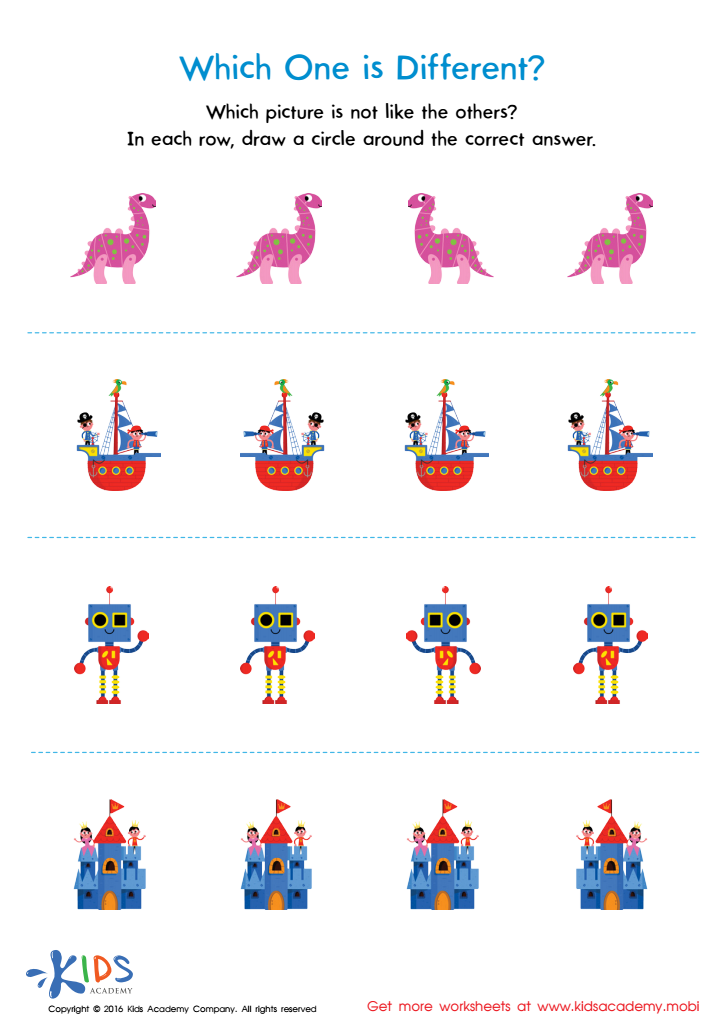

Which One Is Different Worksheet
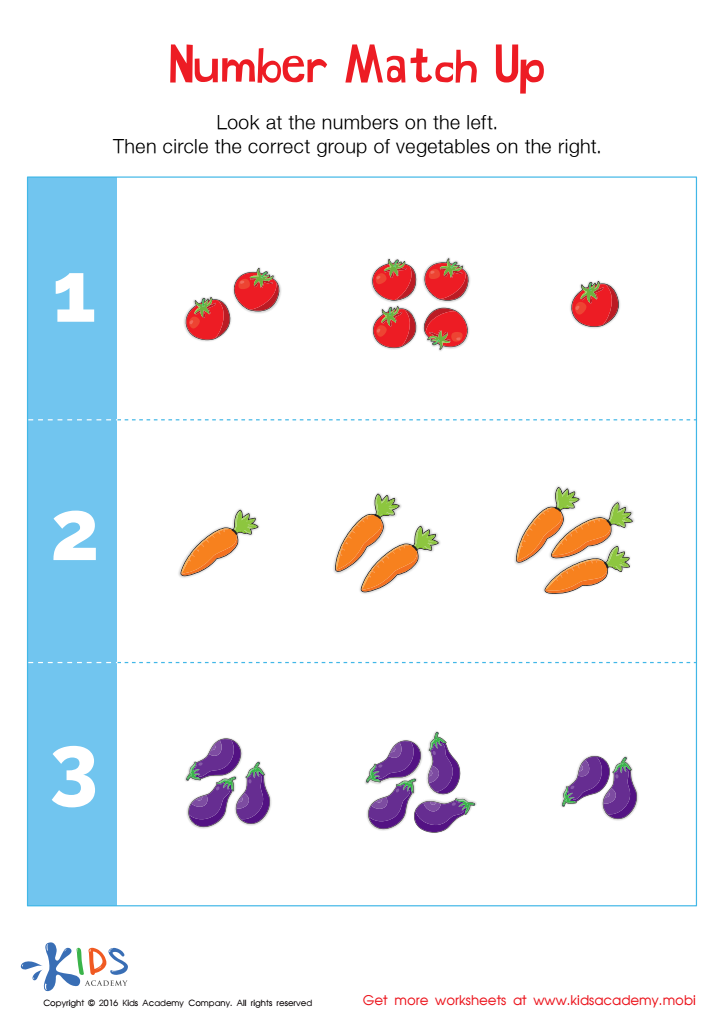

Number Match Up Worksheet
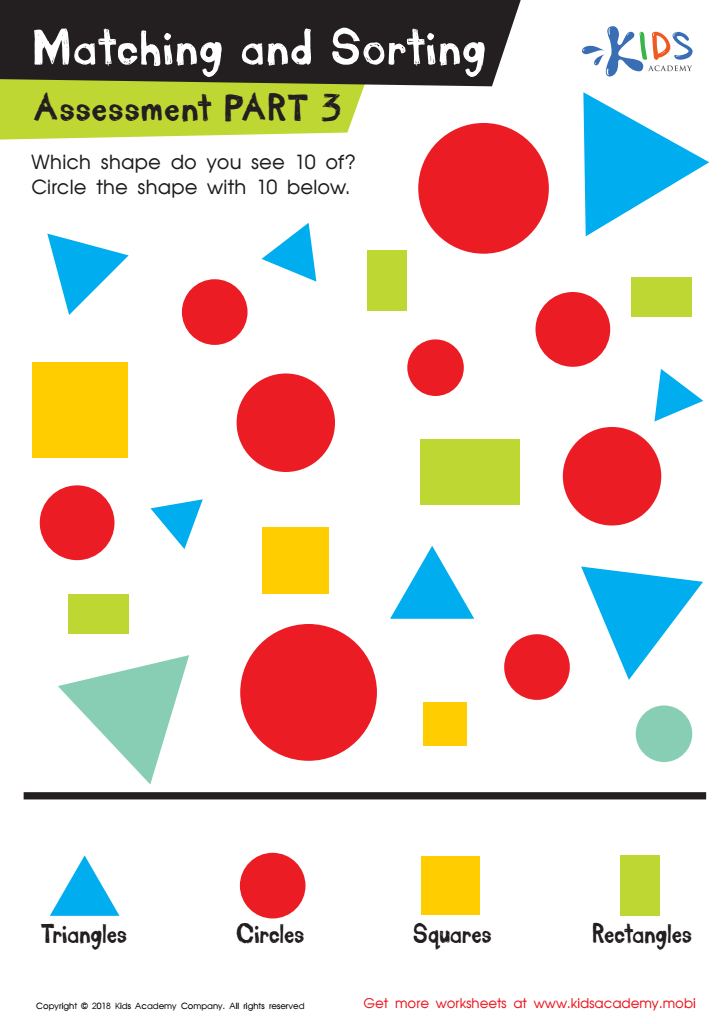

Matching and Sorting for Kindergarten: Assessment 3 Worksheet
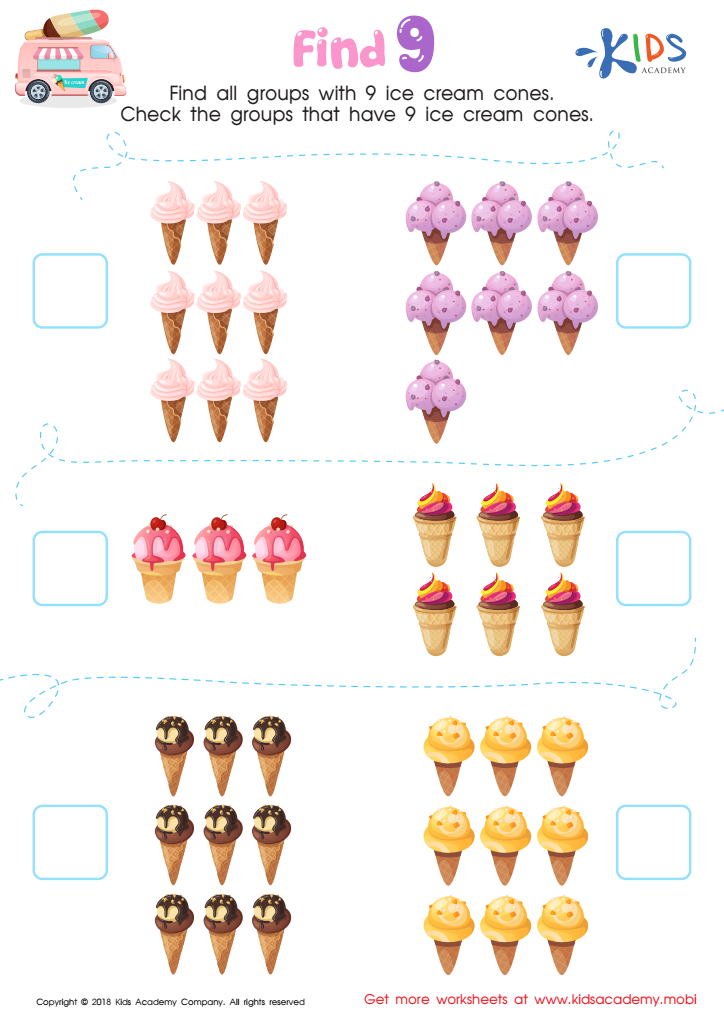

Find 9 Worksheet
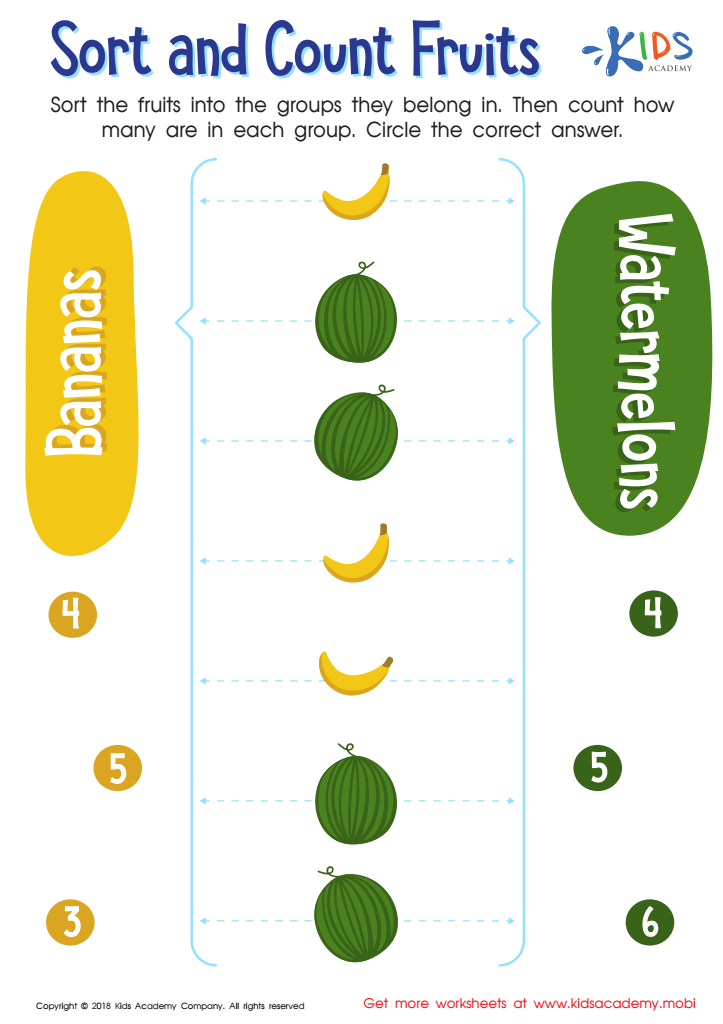

Sort and Count Fruits Worksheet
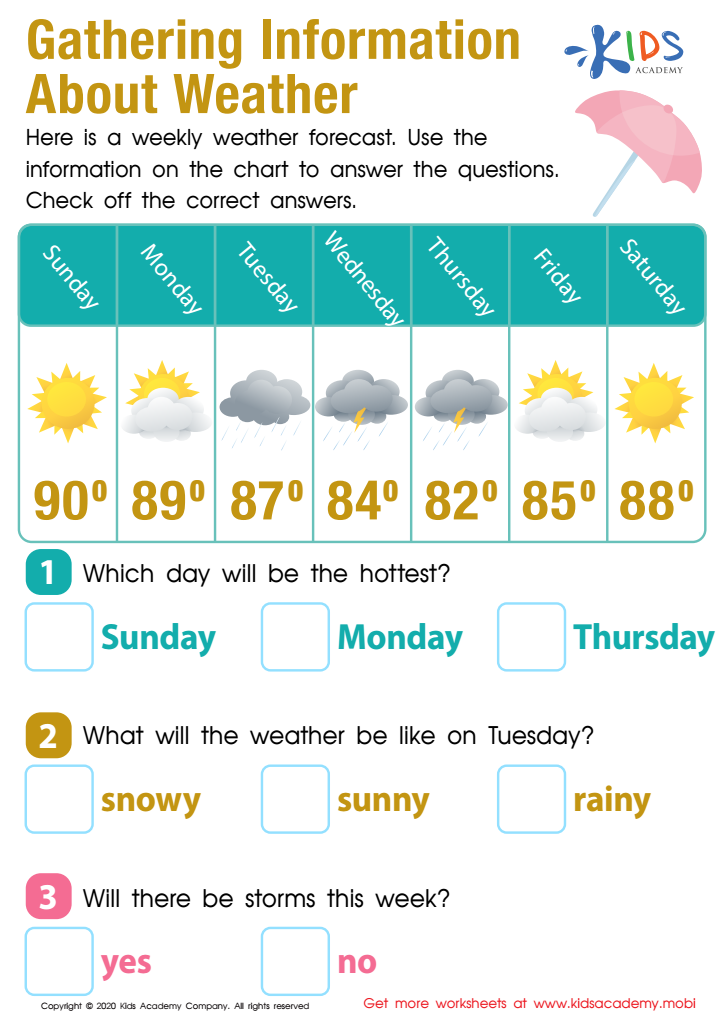

Gathering Information About the Weather Worksheet
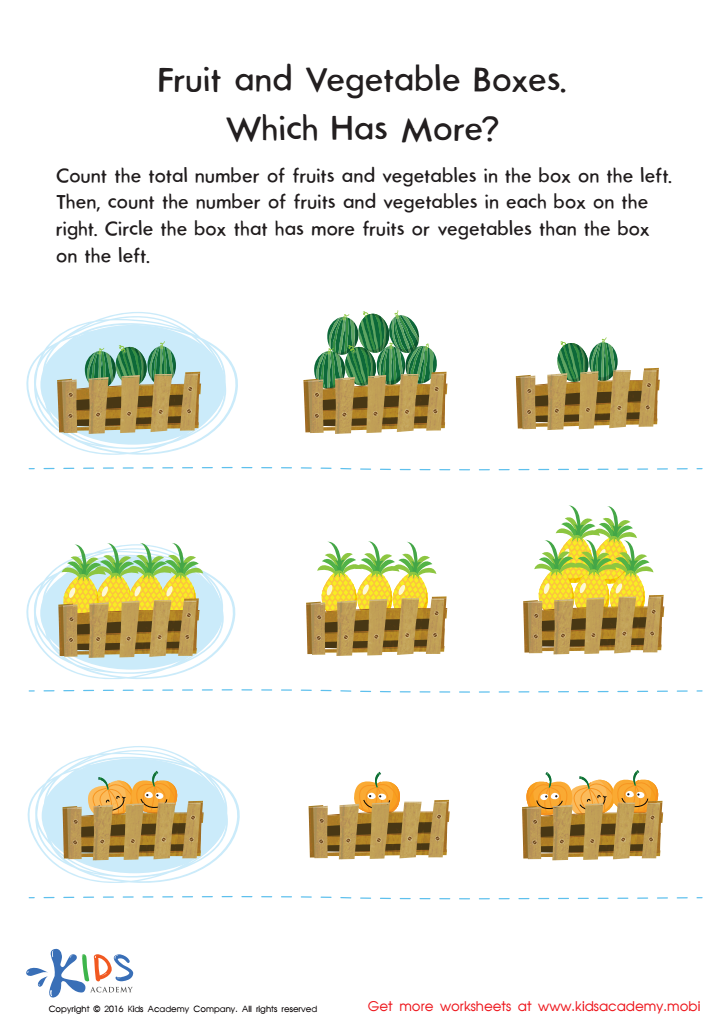

Which Has More? Size Worksheet
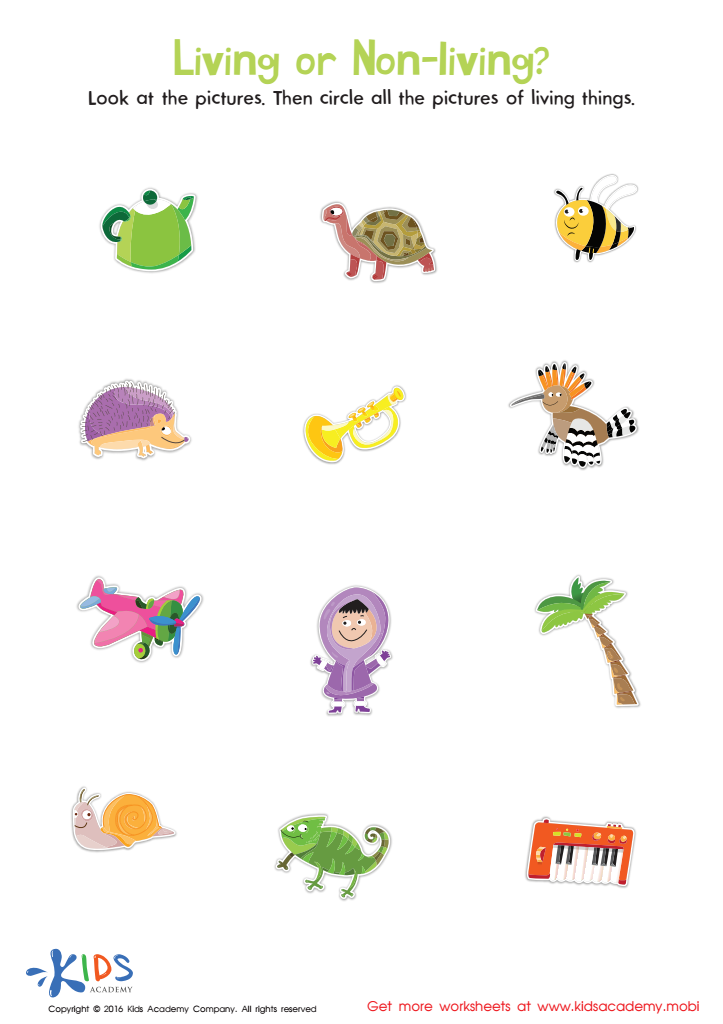

Identifying Living and Non–living Things Sorting Worksheet


Sort and Count to the Moon Worksheet
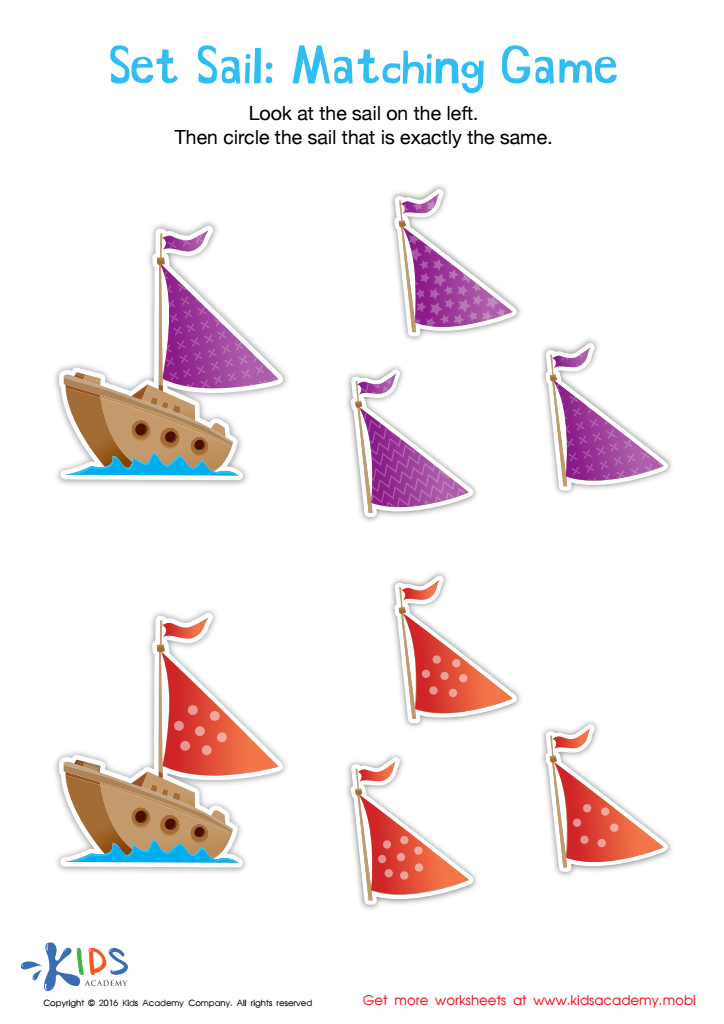

Set Sail Worksheet
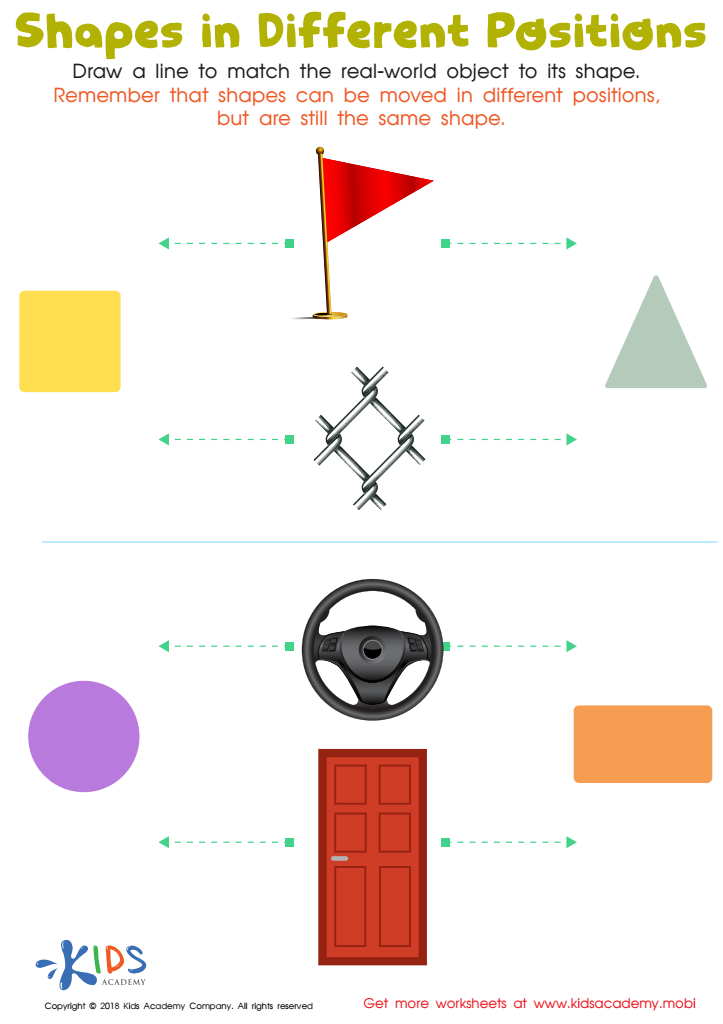

Shapes in Different Positions Worksheet
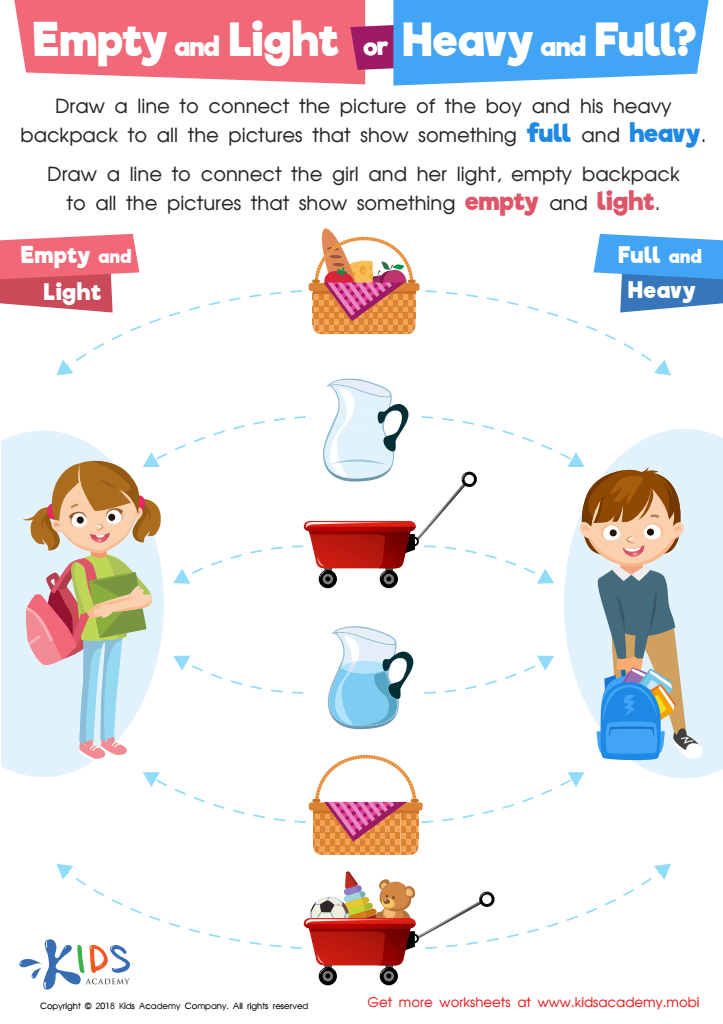

Empty and Light or Heavy and Full? Worksheet
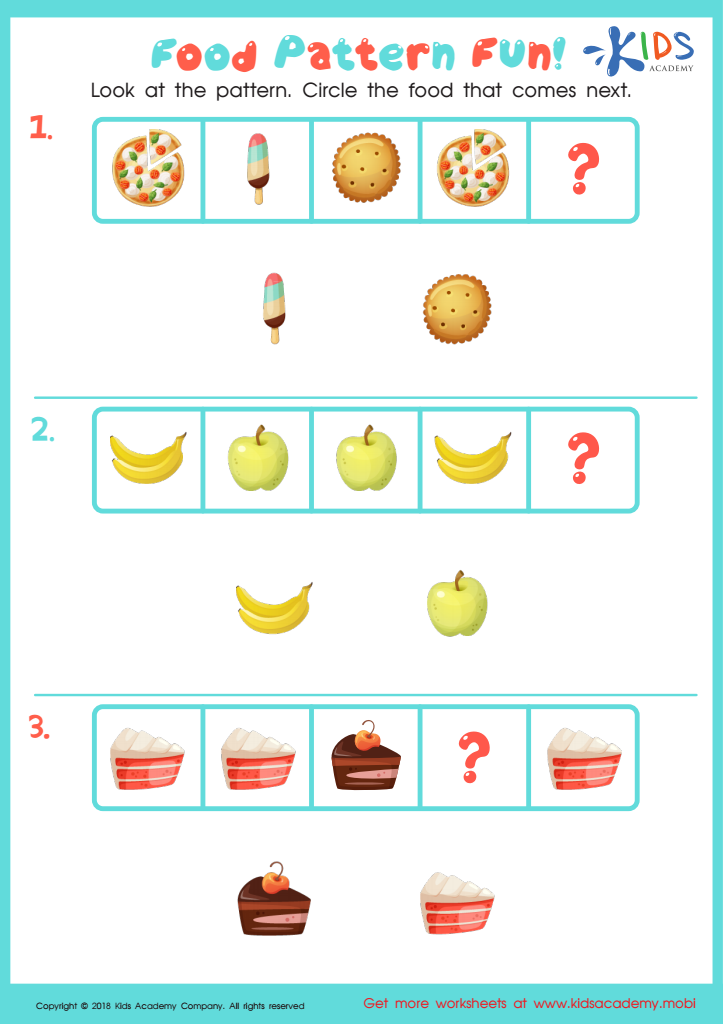

Food Pattern Fun Worksheet
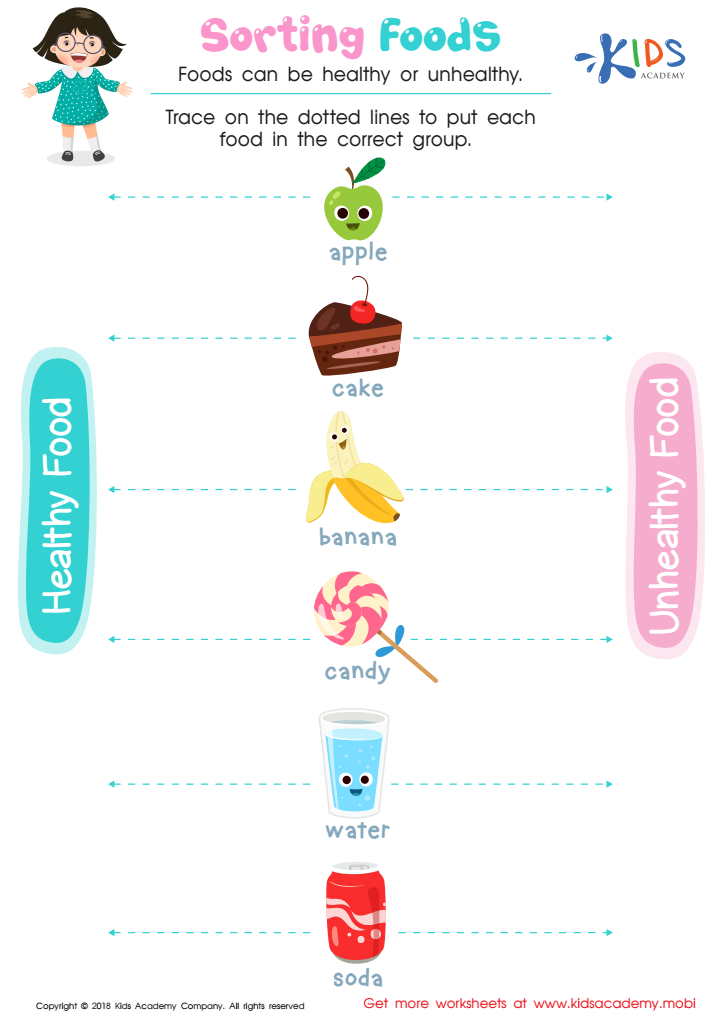

Sorting Food Worksheet
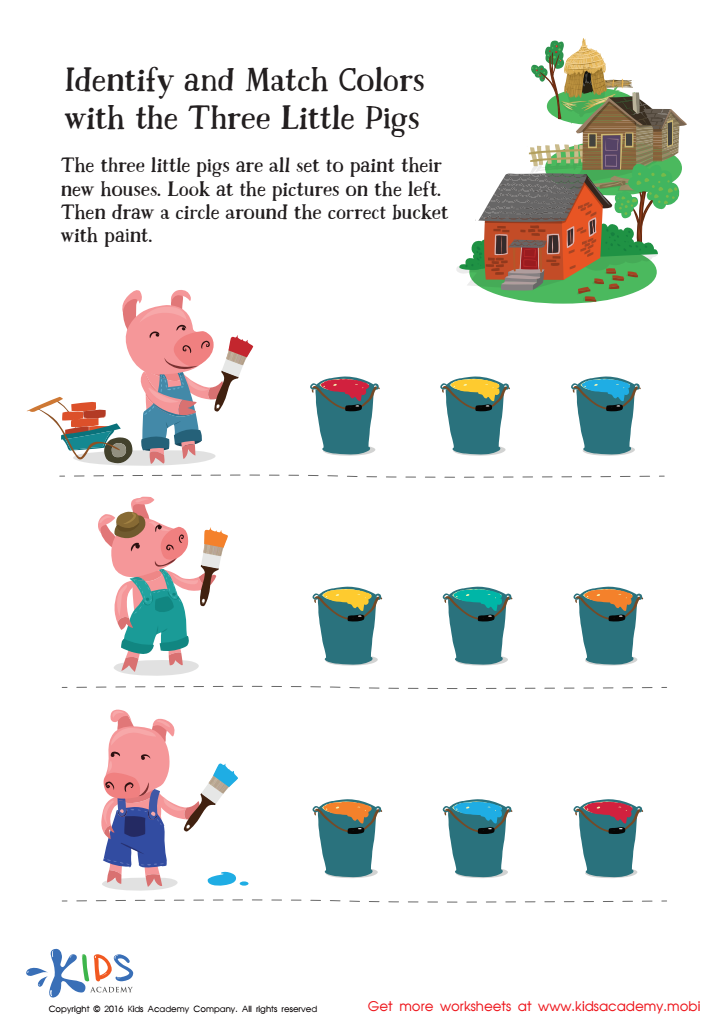

Fairy Tale Worksheet: Identify and Match Colors with Three Little Pigs


Sorting Animals in 3 Groups Worksheet
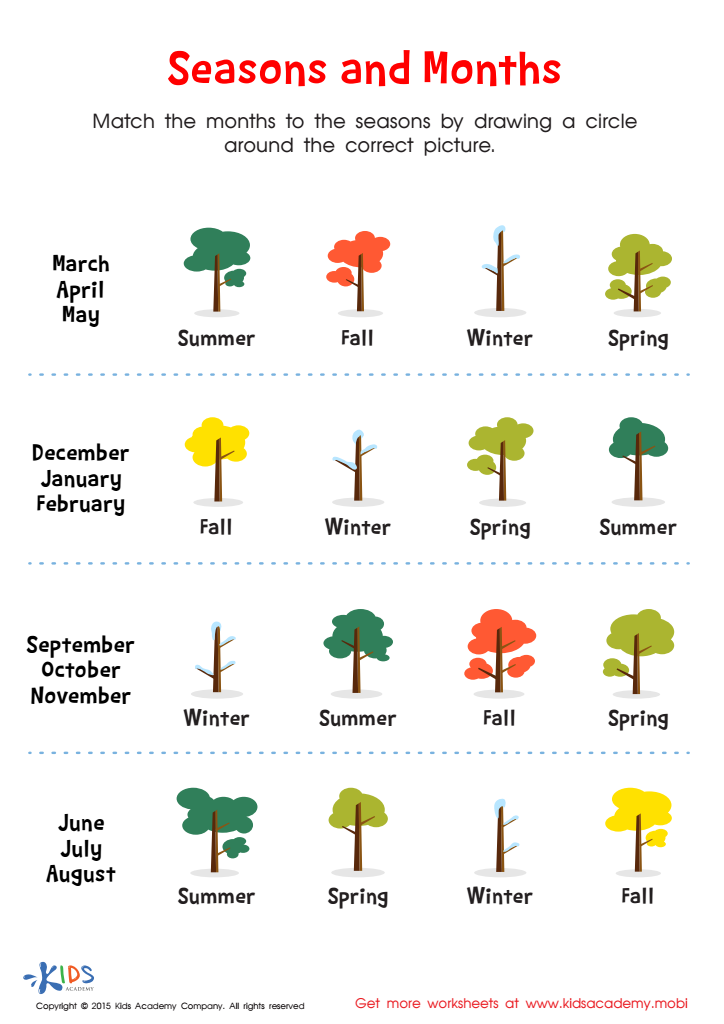

Seasons and Months Worksheet
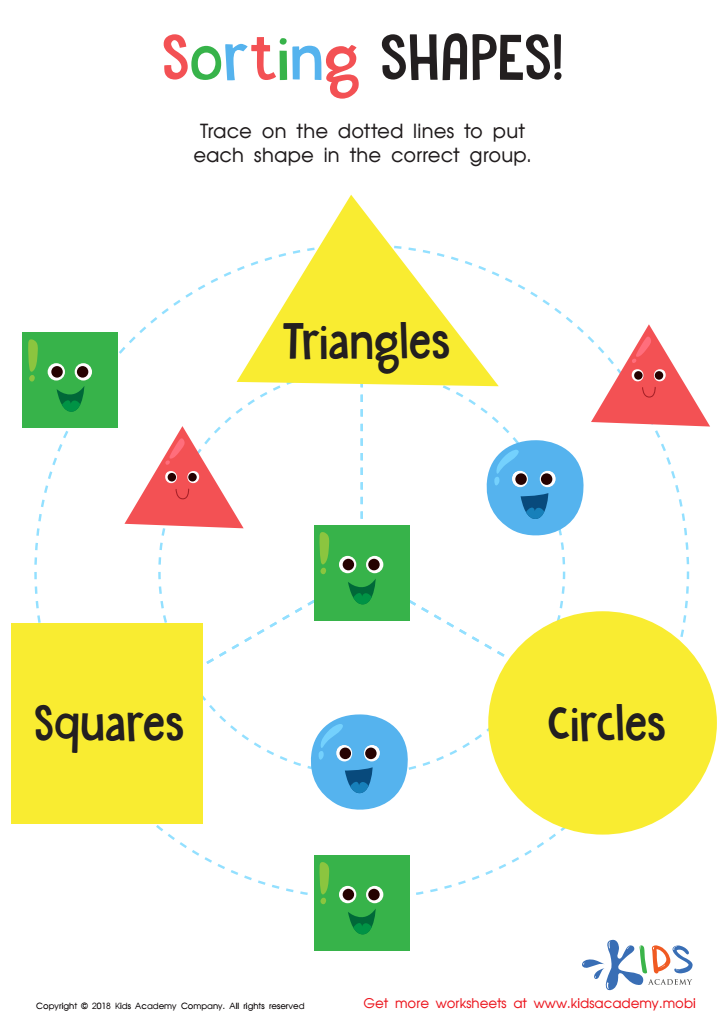

Sorting Shapes - Part 3 Worksheet
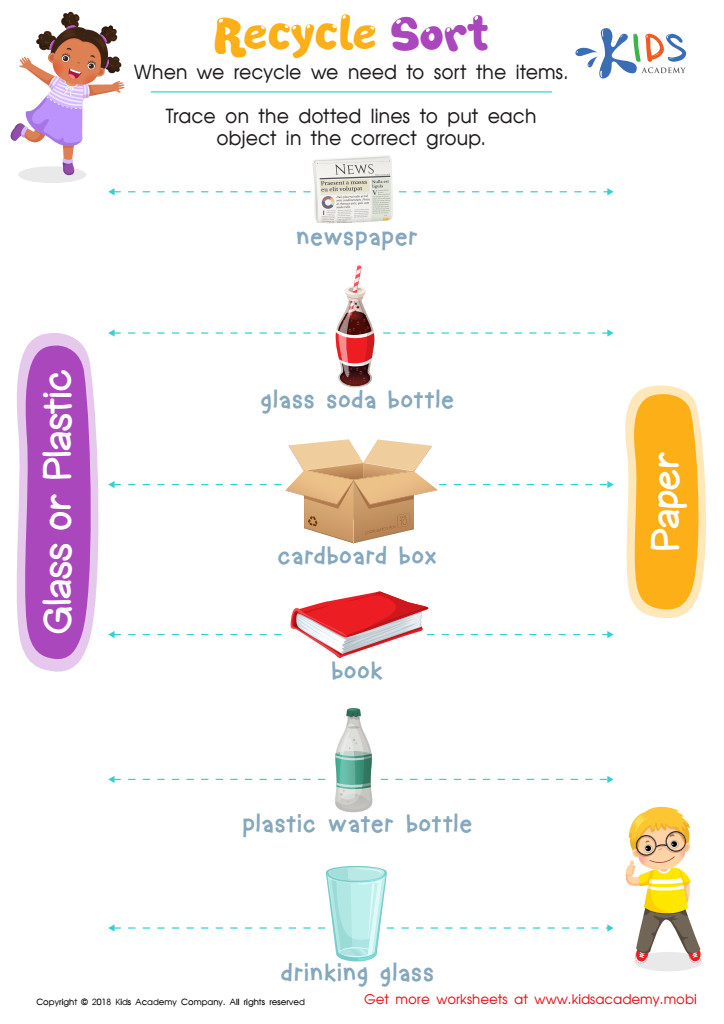

Recycle Sort Worksheet
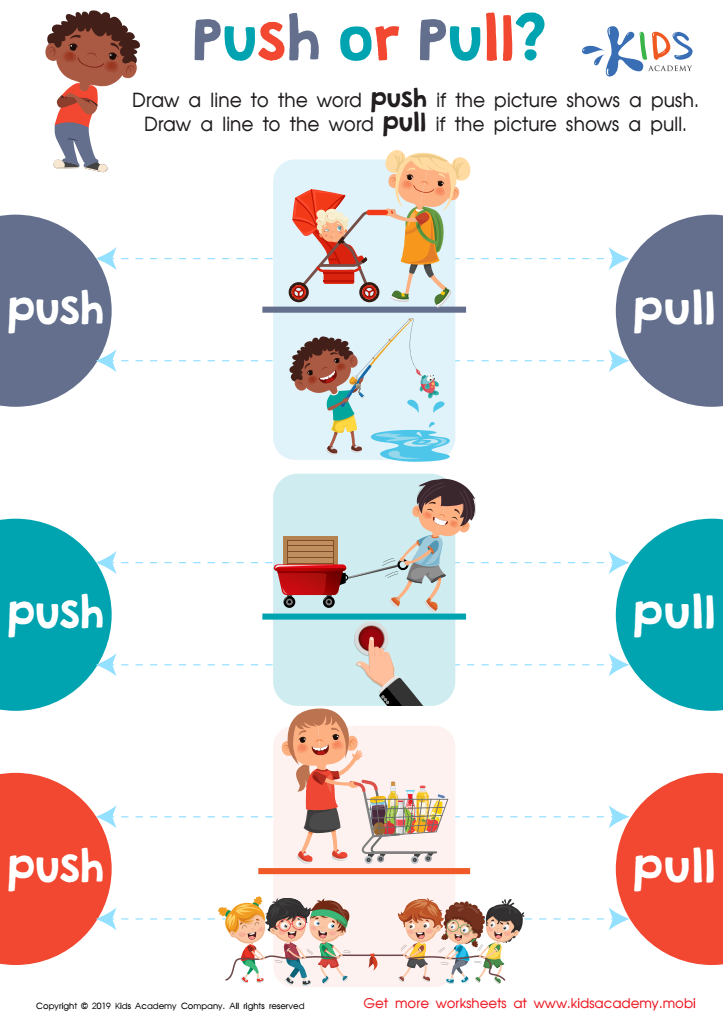

Push or Pull? Worksheet
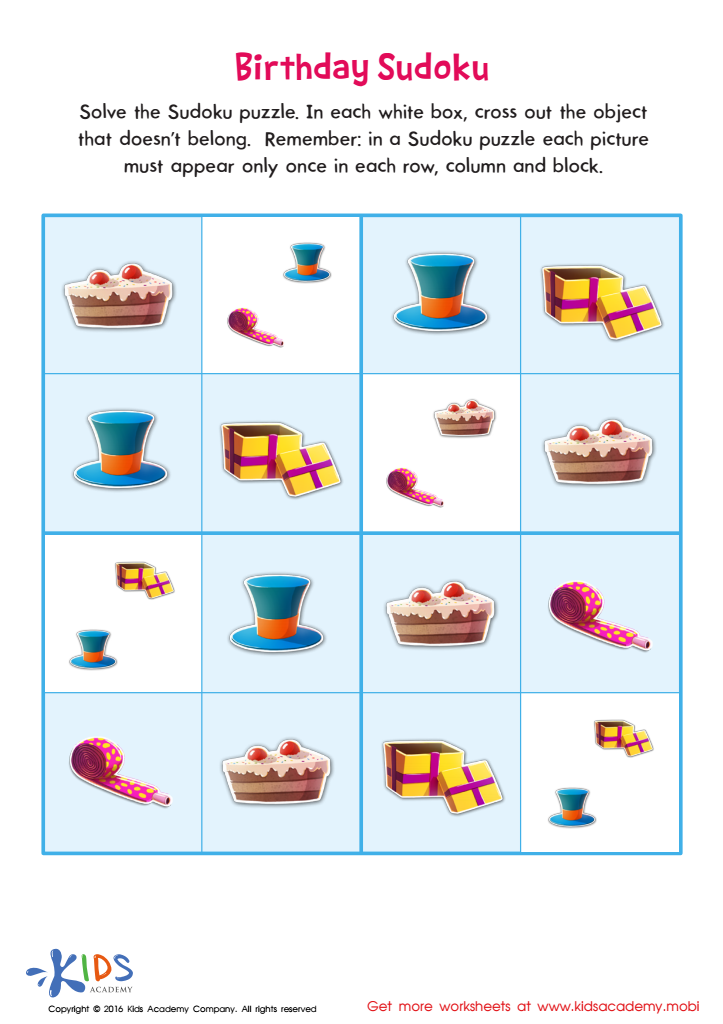

Birthday Sudoku Sorting Worksheet
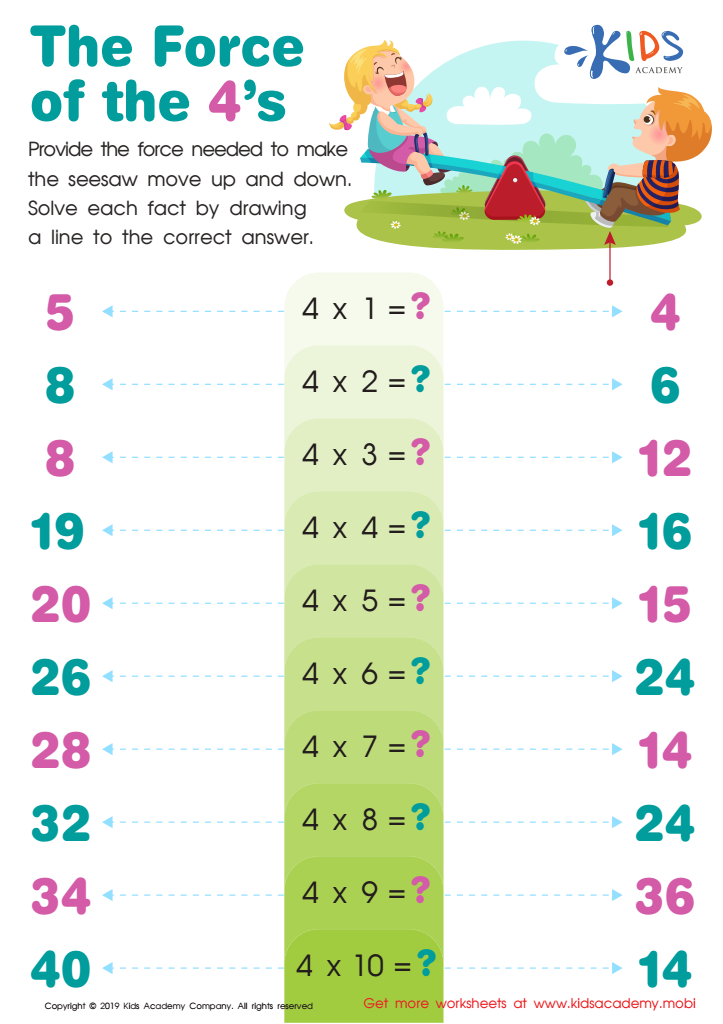

The Force of the 4's Worksheet
Logical thinking activities are essential for the cognitive development of children aged 4 to 9. During these formative years, children's brains are highly receptive to learning new skills, and engaging them in logical reasoning can significantly enhance their problem-solving abilities and critical thinking skills.
Firstly, logical thinking activities encourage children to analyze information, recognize patterns, and draw conclusions, which are skills crucial for their academic success. These activities, whether they involve puzzles, games, or simple coding exercises, foster an innate curiosity that promotes exploration and inquiry.
Moreover, logical reasoning lays the foundation for mathematical skills, as children learn to understand relationships between numbers and solve problems methodically. It also supports literacy development, as logical thinking aids in comprehension, sequencing, and predicting outcomes in stories.
Additionally, engaging in these activities helps nurture patience and resilience, as children work through challenges and learn the value of persistence. For parents and teachers, incorporating logical thinking activities into learning routines can make education enjoyable and impactful, setting children on a path to becoming effective learners and critical thinkers for life. Ultimately, investing time and resources into such activities is a proactive step toward preparing children for future academic and real-world challenges.

 Assign to My Students
Assign to My Students
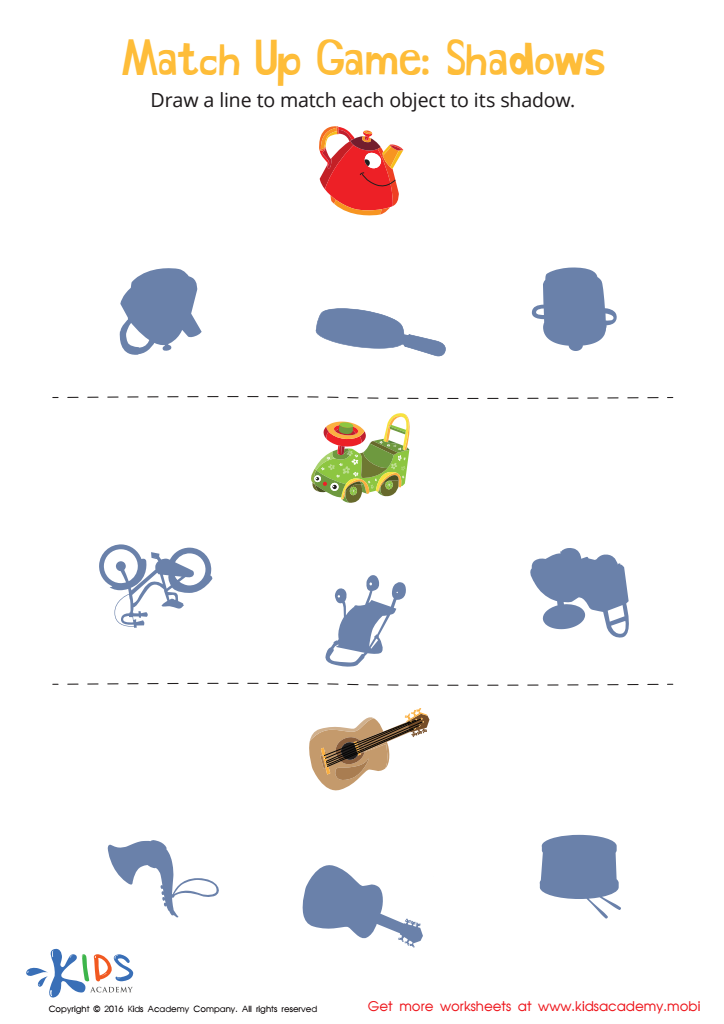
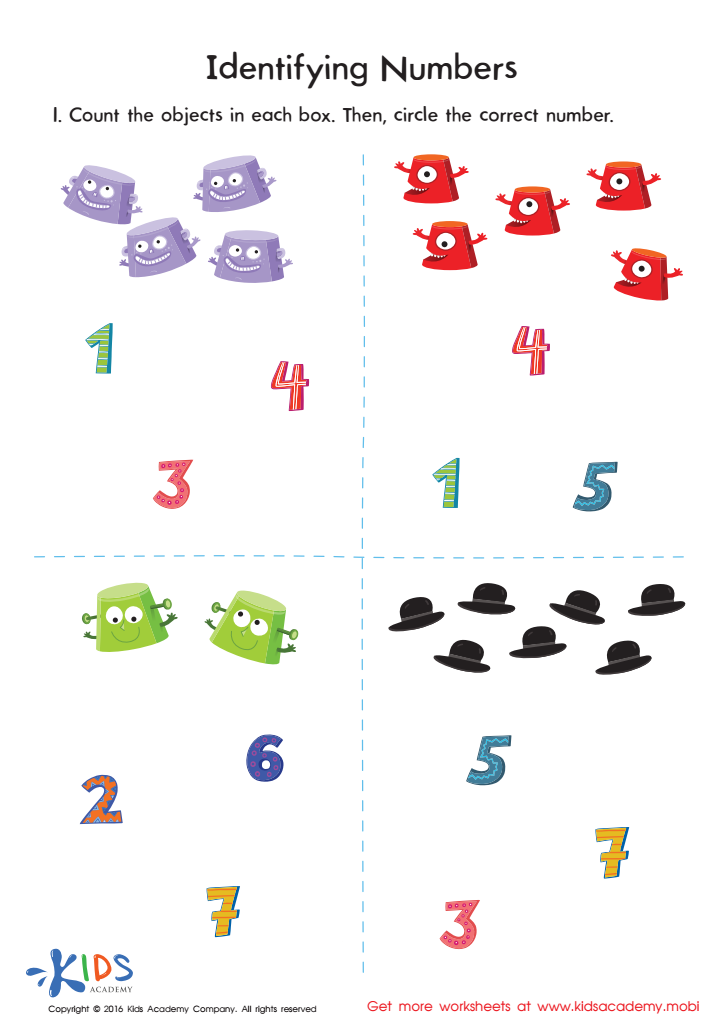




.jpg)











